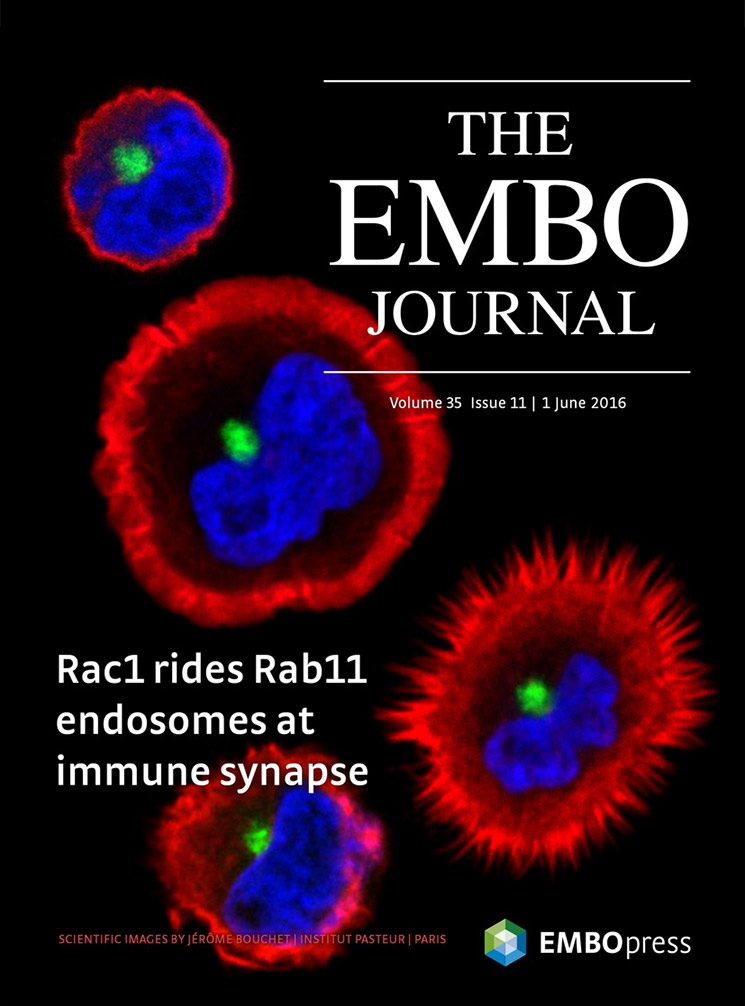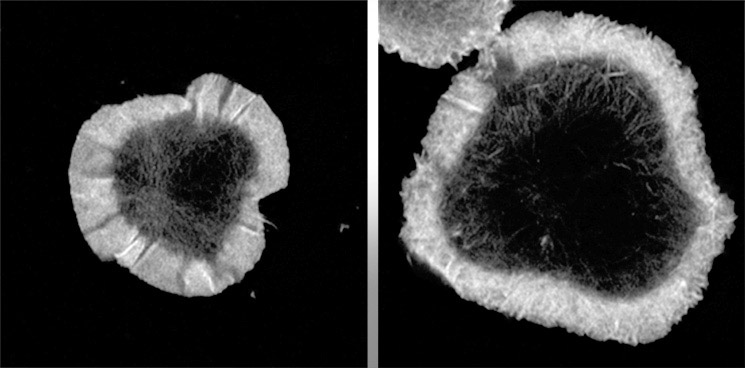Protein discovered in UCC is critical for activation of the immune system

A crucial event of immune system activation, in response to infections, is elicited by T-cells. The work has just been published online in the EMBO Journal and features as the cover image of the Journal’s current printed edition
T-cells are white blood cells which scan our bodies for pathogens. Once pathogens are detected, T-cells become activated. This activation involves the interaction of the T-cell with other cells of the immune system called Antigen Presenting Cells(APC’s). As their name suggests, APC’s present the pathogen(antigen) to the T-cell, resulting in complex changes in the shape and activity of the T-cell and triggering the immune response; antibody production, activation of phagocytic cells and direct cell killing.
A group in the School of Biochemistry and Cell Biology have just contributed to a key finding of the molecular and cellular events which occur during T-cell activation. Some years ago, Professor Mary McCaffrey’s group were involved in the discovery and functional characterisation of a cellular protein called Rab11-FIP3. Now, through a collaboration with researchers in the Pasteur Institute, Paris, led by Professor Andres Alcover and Dr Jerome Bouchet, Rab11-FIP3 has been shown to be key to the process of T-cell activation when the cell encounters a pathogen.
 The image shows the surface contact area (stained for actin) of a T-cell which either lacks the Rab11-FIP3 protein (right) or expresses the Rab11-FIP3 protein(left).
The image shows the surface contact area (stained for actin) of a T-cell which either lacks the Rab11-FIP3 protein (right) or expresses the Rab11-FIP3 protein(left).
The work has just been published online in the EMBO Journal and features as the cover image of the Journal’s current printed edition.
